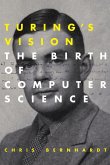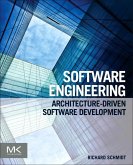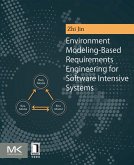Software history has a deep impact on current software designers, computer scientists, and technologists. System constraints imposed in the past and the designs that responded to them are often unknown or poorly understood by students and practitioners, yet modern software systems often include "old" software and "historical" programming techniques. This work looks at software history through specific software areas to develop student-consumable practices, design principles, lessons learned, and trends useful in current and future software design. It also exposes key areas that are widely used in modern software, yet infrequently taught in computing programs. Written as a textbook, this book uses specific cases from the past and present to explore the impact of software trends and techniques.
Building on concepts from the history of science and technology, software history examines such areas as fundamentals, operating systems, programming languages, programming environments, networking, and databases. These topics are covered from their earliest beginnings to their modern variants. There are focused case studies on UNIX, APL, SAGE, GNU Emacs, Autoflow, internet protocols, System R, and others. Extensive problems and suggested projects enable readers to deeply delve into the history of software in areas that interest them most.
Building on concepts from the history of science and technology, software history examines such areas as fundamentals, operating systems, programming languages, programming environments, networking, and databases. These topics are covered from their earliest beginnings to their modern variants. There are focused case studies on UNIX, APL, SAGE, GNU Emacs, Autoflow, internet protocols, System R, and others. Extensive problems and suggested projects enable readers to deeply delve into the history of software in areas that interest them most.
Dieser Download kann aus rechtlichen Gründen nur mit Rechnungsadresse in A, D ausgeliefert werden.









